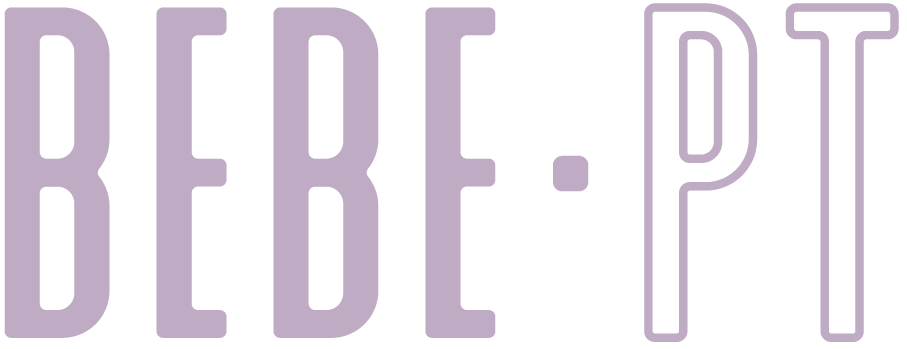Lessons from judy heumann
[12/18/1947 - 3/4/2023]
Judy Heumann, often called the Mother of the ADA (Americans with Disabilities Act), taught me how to be enough. What do I mean by this? Where do I begin…
not being enough
As a little girl with a disability, feeling left out, feeling like I was not enough were common themes. My life was filled with internalized ableism, as I was not deaf enough, but I was also not hearing enough. I was not disabled enough, but I was also not normal enough. Tough stuff for a 6 year told to grapple with in the midst of starting first grade.
I was first introduced to Judy’s work and advocacy after watching the Crip Camp documentary in 2020 and my world was immediately changed for the better. I became captured by Judy’s calm sense of direction when it comes to civil rights…human rights, that extended far beyond what impacted her directly.
meet judy
Impacted by the polio epidemic, Judy became quadriplegic as a child and used a wheelchair from the age of 2. In a pre-ADA world, Judy was left out, isolated, treated as a burden, and discriminated against by many due to her disability. She couldn’t go to school with her brother, she couldn’t play in the neighborhood with her friends, all because accessibility wasn’t available to her. And yet she knew, even as a young kid in a world that didn’t affirm this, that she deserved these experiences. That everyone, everywhere deserved these experiences.
So she fought for them. She attended school, pushed for integration within education, held the first and longest disabled sit-in in a government building to get Section 504 of the Rehabilitation Act signed into law to protect disabled people against discrimination. She led disability advocacy efforts worldwide, and truly practiced intersectionality with close relationships with the Black Panthers, LGBTQIA+ organizations, feminist movements, and others. She embraced equity for ALL.
Image credit: Judy’s Facebook account
Lessons from judy
One of the things that struck me most about Judy’s life and legacy, is that she didn’t act from a place of anger, though she had every right to be furious about the mistreatment she and other disabled people were facing on every level. Instead, she led with conviction, strength, and poise. She lived true to the famous adage of late Justice Ruth Bader Ginsberg:
“Fight for the things you care about, but do it in a way that will lead others to join you”.
〰️
“Fight for the things you care about, but do it in a way that will lead others to join you”. 〰️
Another lesson Judy taught me through her advocacy is that belonging and inclusion are human rights. I was moved to tears during Crip Camp when the group she was leading respectfully listened to every single member, regardless of their mode or length of communication. Every voice had input, every person was represented and truly heard.
The same was true during the 504 demonstrations she describes in her memoir, Being Heumann: An Unrepentant Memoir of a Disability Rights Activist. As the group held meetings to decide how to move forward with the sit-in, they intentionally waited until every member was present, sign language interpreters were ready, and every voice was heard, whether spoken, typed, signed, or otherwise communicated.
Judy set an example of belonging we need to take forward in the world.
honoring judy
When listening to her celebration of life over livestream, I was touched by how deeply Judy was loved, and how special she made everyone feel who was in her life. Hell, I felt cared for by Judy and we never met, because she fought for me, for my rights, for my dignity, for my inclusion. Her legacy will live on through the landmark legislation and policy she was instrumental in implementing, but it can’t stop there. Judy longed for a world where people with disabilities are provided full access to the life they want to live, and we are still far from that.
a legacy of being enough
We can honor Judy’s life and legacy by picking up the torch and continuing on to fight for the mission she lived her life for. We can push for policy change at every level that ensures accessibility and inclusion. We can practice equity in our daily lives, both personally and professionally. We can ensure this work is intersectional, and collaborate and extend our advocacy to all marginalized groups. We can create a culture of acceptance and belonging that embraces the diversity of humanity–a culture where nobody feels left out, like they are a burden, or that their lives mean less.
Judy taught me that I am enough, all of who I am, my disability included, and I will continue to move her work forward in any way I can, until “...liberty and justice for all” truly means ALL.
Rest in power, Judy.
TL;DR
Judy Heumann (12/18/47 - 3/4/23) was a badass.
Judy was a powerful disability rights activist that was instrumental in passing landmark legislation to extend civil rights to those with disabilities.
She led the sit-in to pass Section 504 of the Rehabilitation Act, and was instrumental in shaping and passing the Americans with Disabilities Act.
We must honor Judy’s legacy by continuing to push for inclusion and belonging, until “…liberty and justice for all” truly means ALL!
(Please note that some of these links are affiliate links, meaning I get a very small commission from Amazon at no extra cost to you!)




